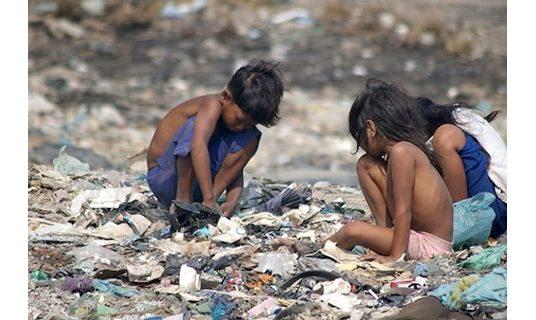
A new social enterprise, Waste Ventures, is helping create more formal organizations for waste pickers in India. Waste Ventures aims to empower waste pickers by creating a sustainable revenue model and improve waste collection, reduction, and recycling. The organization will facilitate financing for waste picker corporations, support organizations that work with these corporations, and establish connections that generate carbon credits. In doing so, Waste Ventures will work with other NGOs and social enterprises to promote environmentally friendly business models as well as engage the government to ensure that regulations to not hinder waste pickers’ operations.
Waste Ventures, a new part not-for profit enterprise is changing the way waste is collected and reused across the world, starting in India.
Waste pickers, who collect trash in cities like Osmanabad, India, earn barely $1 a day. The work is dangerous, with the average life expectancy to be 45 years old. In urban India alone, 40 million tons of trash are generated each year. That’s the weight of two Empire State Buildings each week. Parag Gupta, founder of Waste Ventures, has a new plan to not only empower waste collectors, but also to create sustainable revenue and improved waste collection, reduction, and recycling.
Waste Ventures will tackle the problem via three strategies:
Build: Support and provide financing for sustainable waste picker corporations, using market capital in lieu of government contracts. It also supports social organizations that work with waste pickers (providing them with a smart blueprint for the business model), and establishes connections to enable carbon credits, taking a small percentage of interest in the organization.
Disseminate: Working with other organizations and environmentally friendly enterprises to provide a space for information on how to best reduce and reuse waste.
Foster: Working with the government to ensure that legislation and regulations do not hamper waste reduction programs.
Gupta’s smart business model, which captures discarded wealth, is backed by those like Harish Hande of SELCO, the Indian solar social enterprise, Pamela Hartigan, Executive Director of the Skoll Centre at Oxford’s Said Business School, and Geoff Davis, former CEO of microfinance accelerator Unitus.
http://www.psfk.com/2012/01/waste-india-social-good.html
